9 Reasons You’re Bloated (That Have Nothing to Do With Your Diet)
And when it comes to those sneaky digestive saboteurs, gastroenterologist Robynne Chutkan has seen them all—and she's recently compiled the most common culprits into a reference manual titled The Bloat Cure. “I wanted to create a guide for women to be their own medical detectives,” says Dr. Chutkan. “Bloating is absolutely is the number one thing I see in my practice. It’s sort of that common, non-specific way for the GI tract to let you know it’s unhappy.”
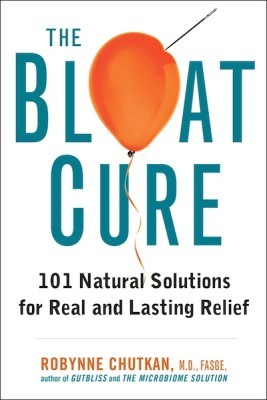 Why is the gut so temperamental? “To a layperson, our digestive tract can feel like this empty tube, but people don’t appreciate how specialized it is,” explains Dr. Chutkan. “There are so many different things happening in different parts, and so many things that can go wrong.” And it’s because of our GI system’s complexity that it's so hard to pinpoint—and treat—the root cause of bloating.
Why is the gut so temperamental? “To a layperson, our digestive tract can feel like this empty tube, but people don’t appreciate how specialized it is,” explains Dr. Chutkan. “There are so many different things happening in different parts, and so many things that can go wrong.” And it’s because of our GI system’s complexity that it's so hard to pinpoint—and treat—the root cause of bloating.
It’s Dr. Chutkan’s hope that The Bloat Cure will open our eyes to causes we may not have considered before, after eliminating any possibility of a serious condition. (If you’ve got scary symptoms like severe pain, bloody stools, vaginal bleeding that’s not your period, or unexplained weight loss, you should see a doctor, stat.)

{{post.sponsorText}}
But if you’re just suffering from general discomfort and can pinpoint a few possible causes, she recommends a simple process of elimination to nab the real antagonist. “Tackle one thing at a time—and go with the simplest thing first,” she recommends.
Originally posted May 23, 2016. Updated May 2, 2017.
Ready to become the Nancy Drew of your digestive tract? Read on to discover nine unexpected reasons why you might be bloated, even if your diet’s on point.

1. Texting and eating
Those who talk on the phone or scroll through Instagram while scarfing down their #saddesklunch, this one’s for you: According to Dr. Chutkan, aerophagia—aka swallowing air—is becoming more prevalent as multitasking takes over. If you breathe through your mouth—be it from seasonal allergies or an intense workout—you’re also highly susceptible.
"A lot of people with aerophagia feel like they have acid reflux, but they’ve been on drugs for months and aren’t any better," says Dr. Chutkan. "There’s often a waxing and waning to it; they don’t necessarily start the day feeling full."
The Cure: Eat slowly and mindfully; don’t drink anything while you’re eating; ditch your chewing gum habit; practice deep breathing.

2. Depression
Not only is there a link between low serotonin levels in the gut and depression—which can lead to constipation and bloating—but bloating is also a common side effect among many of the drugs used to treat the disease. Talk about a downer.
The Cure: Dr. Chutkan recommends considering talk therapy before pills when appropriate, as well as adding in a daily sweat session to your routine (if there isn't already one in there). “Movement helps to lift the mood, and it doesn’t have to be intense to get a little bit of an endorphin rush,” she says. (Not sure where to start? These moves are pretty much guaranteed to make you happier.)
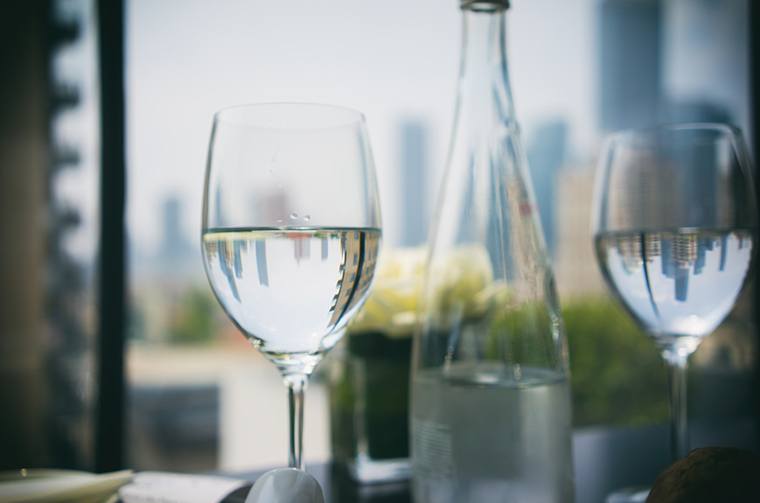
3. Dehydration
Just because you’re drinking eight glasses of water a day doesn’t mean you’re totally quenched. Along with well-known hydration hijackers like soda and coffee, we also sap our water reserves when we pop an antihistamine or spend too much time in air conditioning. And when this happens, says Dr. Chutkan, our intestines lose their lubrication and stagnation occurs. Cue bloating!
The cure: Keep tabs on the color of your urine—the lighter, the better. Make sure you’re keeping up with your water intake even if you don’t feel thirsty, and consuming lots of hydrating foods (like these beauty-boosting smoothies).
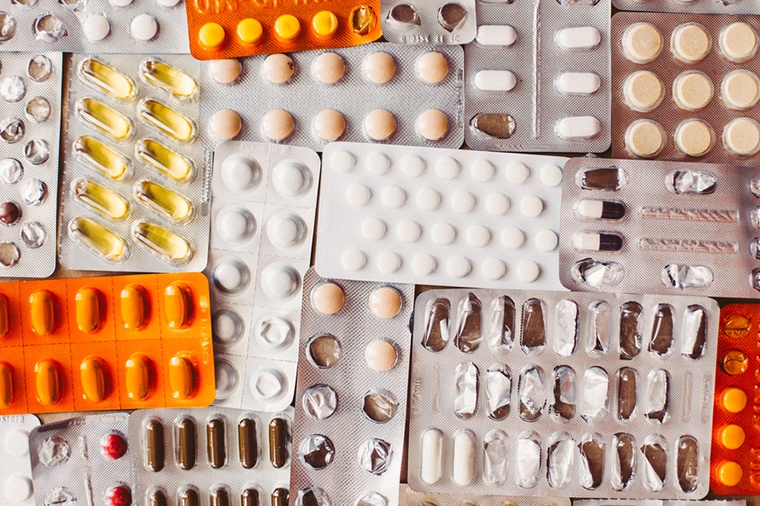
4. Appendectomies
If you had your appendix out as a kid, you may be exceptionally prone to bloating as an adult. “The appendix is super important. What I see is that people who have their appendix out often have way worse bloating, particularly after an infectious episode, because they don’t have that reserve of good gut bacteria that the appendix is supplying,” says Dr. Chutkan. (She notes that the appendix harbors a reserve of these friendly microbes for emergency situations.)
The Cure: Keep your microbiome strong by steering clear of antibiotics unless they’re really necessary—no, the sniffles don't count.
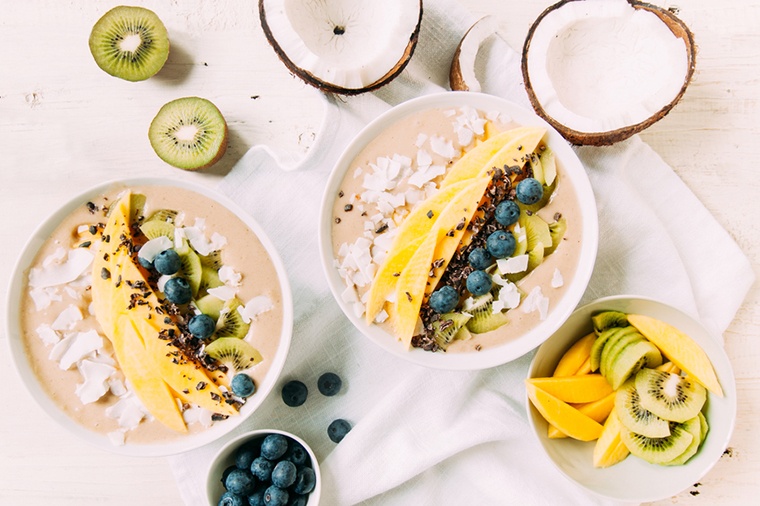
5. Skipping meals
Here’s yet another reason to never go without breakfast. “If there are long periods of time where nothing’s moving through the gut, it becomes a little bit inactive,” says Dr. Chutkan. That makes bloating even more likely the next time you do eat.
The Cure: Make sure to fuel up on a regular basis, even if it’s just a snack. This gut-healthy breakfast is a brilliant place to start.
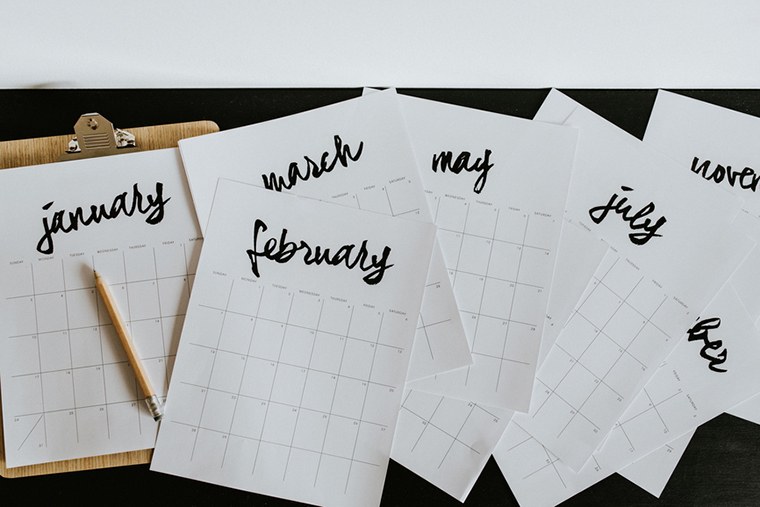
6. Haywire hormones
There are many factors that contribute to estrogen dominance in women—a condition that's linked to bloating— but Dr. Chutkan says that without a doubt, artificial hormones, including the birth control pill, are primarily to blame. (She’s not the only doctor who says BCP is wrecking our gut health.)
The Cure: Along with considering alternative methods of birth control, Dr. Chutkan says to avoid xenoestrogens, like those found in conventionally-raised produce and meat, plastics, and cleaning supplies.
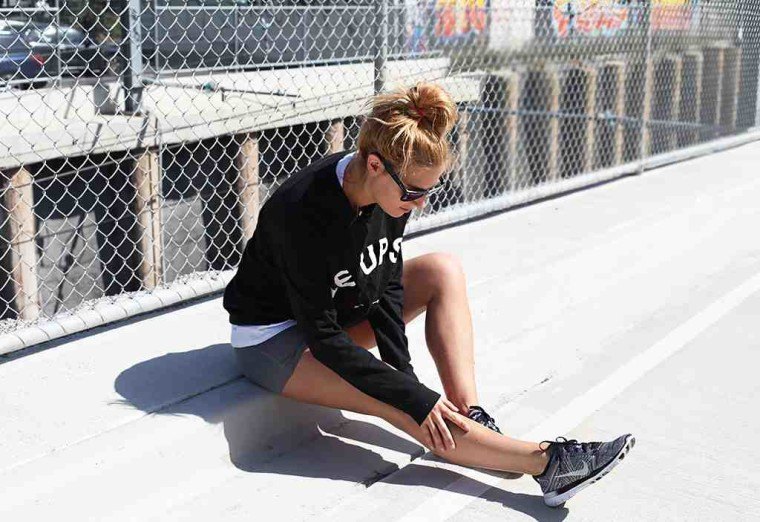
7. Post-workout pain meds
If you pop an Advil to avoid feeling sore after your long-distance runs, you could be giving your gut a serious pounding. “NSAIDS are super toxic to the GI tract, but because there’s so much marketing of these drugs, there’s this perception that they’re benign,” says Dr. Chutkan.
The Cure: Use over-the-counter pain meds sparingly—and opt for holistic options (like this trigger point-releasing yoga pose). “Every time you take something, you have to do a risk-benefit analysis,” says Dr. Chutkan. “There’s nothing you can take with no side effect. And the place you’re most likely to see a side effect is in your gut.”
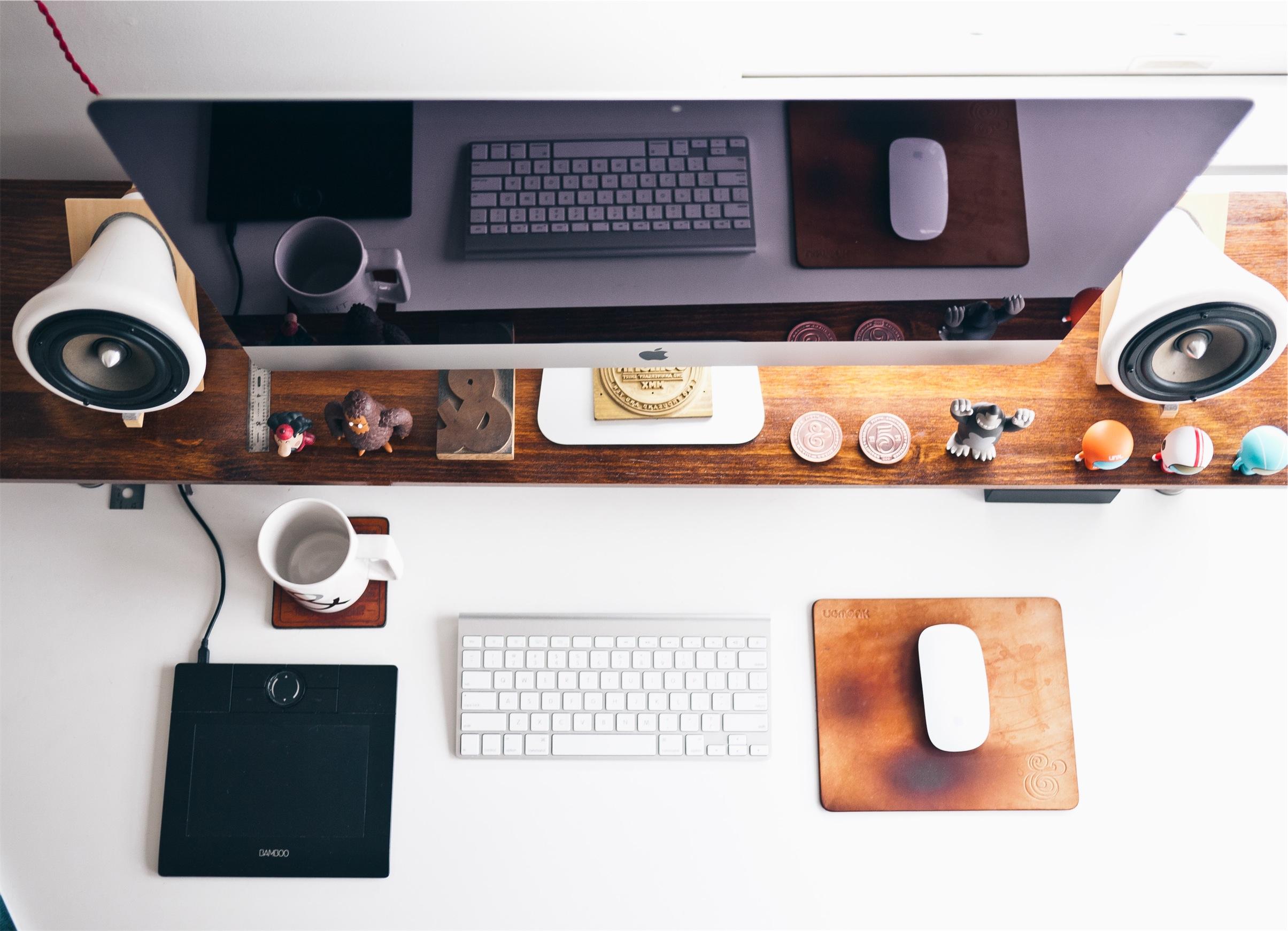
8. Desk jobs
Sitting all day is a major cause of bloating, since it causes your GI tract to move at a glacial pace. “A lot of the people I see are lawyers—they’re literally at their desk for 14 hours in a row, five days a week, and then sitting even more at home,” says Dr. Chutkan. (Even among non-lawyers, this might sound familiar.) “It’s horrible for the gut, because we’re meant to be on the move.”
The Cure: Invest in a treadmill desk or, at minimum, schedule walking (or workout!) breaks throughout the day to get your bowels moving.
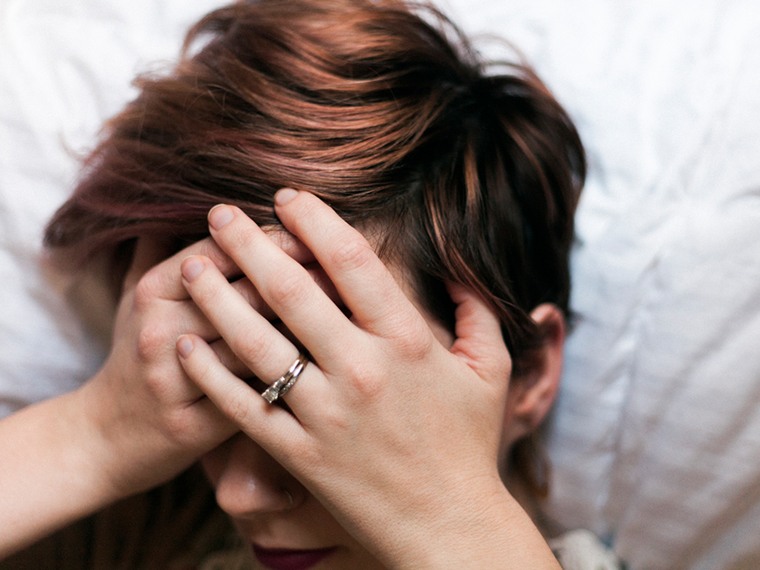
9. Stress
You already know that stress is bad for you—but you can add "bloating" to the long list of reasons why. Evolutionarily speaking, says Dr. Chutkan, “when a T-Rex is upon us and we have to get away from it, it shunts blood flow away from the digestive tract to the big muscles in the legs and the heart so you can run."
The problem today? "Unfortunately, a T-Rex is upon us every 20 minutes.” Not only do these constant stress signals slow down our gut movement, but they also can affect the pH of the digestive tract as well as enzyme and acid secretion.
The Cure: Meditate—here’s a five-minute exercise that may help you—or check out some of these other natural anxiety fixes. And if you’re rolling your eyes and saying ‘Tried that, still bloated,’ consider speaking to a mental health professional or investigating gut-directed hypnotherapy (yes, it's a thing).
Beating bloat isn't just about what you cut out—try adding in some of these digestive hero ingredients. You might also want to try taking digestive enzymes or figuring out your gut type.
Loading More Posts...